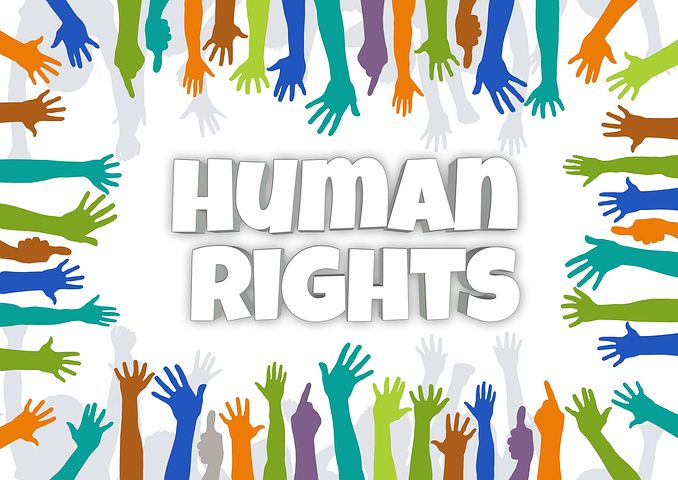FUNDAMENTAL HUMAN RIGHTS
What is the Meaning of Fundamental Human Rights?
A fundamental human right is a privilege or prerogative conferred by law upon a person. It is expressed in the constitution or law of the state. Fundamental human rights remain rights as long as the state has power to protect them. Talking about fundamental rights in a war-tom country like Somalia, for example, is obviously an exercise in futility.

Types of Human Rights
There are several types of fundamental human rights.
-
Natural Rights
Natural rights are inherent in us as human beings. Natural rights are inherent and inalienable in man. In other words, every human being is entitled to these rights as of right. An individual cannot be dispossessed of these rights without due process.
Natural rights include right to life, right to marry, freedom of movement, freedom of association and freedom of expression. Natural rights restrict what the state can do. ‘
-
Social Right
Social rights are conferred on an individual by virtue of his membership of the state. For example, every citizen of the United States of America has the right to use roads, bridges, markets, hospitals, libraries and schools provided by the government.
Apart from these social amenities, he can also enjoy the right to health, right to employment and right to education. The right to education is, for example, very important to the development of the individual and the nation’s full potential.
-
Political Rights
Political rights are rights conferred on an individual by virtue of his membership of a political community. They are the rights of the citizen to participate in managing the affairs of his country. They include right to vote and be voted for, right to form or join a political party, right to hold public office, right to call for periodic elections or participate in writing the constitution.
Their primary purpose is to reduce the exercise of the coercive powers of the state.
-
Economic Rights
Economic rights deal with the economic sustenance of the individual. Such rights include right to own and sell property, right to work and right to compensation.
-
Legal Rights
Legal rights deal with the enforcement of the right of the individual. Examples are right to sue and be sued, right to fair hearing, right to fair trial, right to equality before the law and right to serve as a witness.